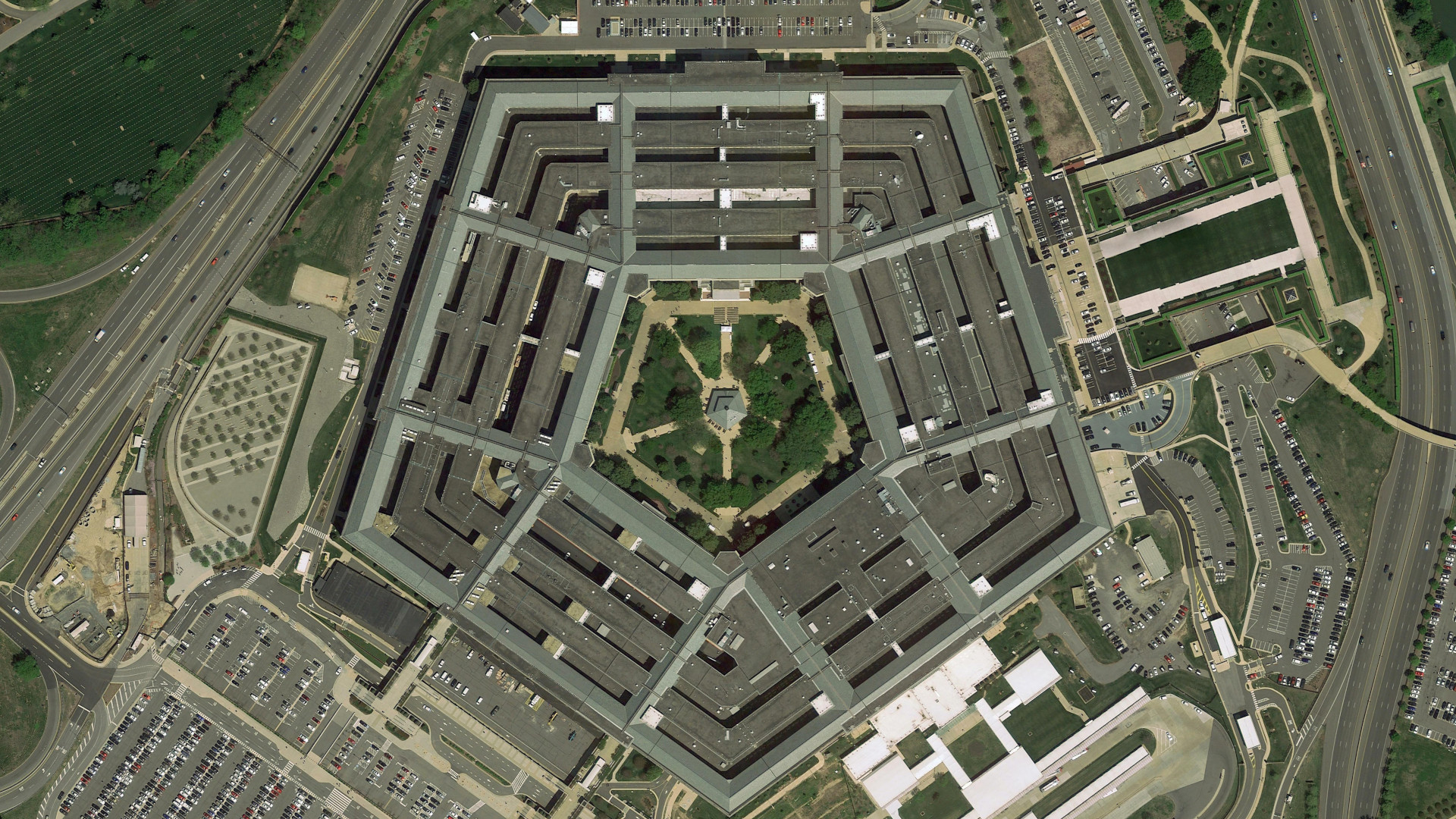
Following recent news pointing toward Intel receiving billions of government funding and special "secure enclave" treatment under the CHIPS Act aimed at all US semiconductor businesses, the Pentagon has withdrawn the planned $2.5 billion and expects the Commerce Department to pick up the tab, reports Bloomberg.
Specifically, Intel was to receive $1 billion of $3.5 billion from the Department of Commerce, with the rest coming from the Pentagon. The $2.5 billion shortfall could possibly be made up with other CHIPS Act funds at the direction of the Commerce Department. This isn't just a loss for Intel, it could also impact others. It all depends on how this total is split across the rest of CHIPS Act recipients.
Additional analysis from The American Prospect further highlights just how poor the optics and management of Intel's proposed $3.5 billion "secure enclave" facility are. A senior adviser and research professor at Georgetown University told the Prospect: "My first reaction is to emphasize that this is nearly 10 percent of the entire CHIPS Act fund. And by doing this, that will necessarily foreclose other opportunities."
Considering the main purpose of the CHIPS Act is to revitalize American fabrication and manufacturing operations, diverting so much of that money to the incumbent market leader could be seen as a poor approach. What's worse, reports indicate Intel is still demanding more than the $10+ billion it is already set to receive through the CHIPS Act. The overall demands from all companies covered by the CHIPS Act has risen to more than $70 billion in requested combined subsidies and aid, roughly twice the amount of funding that is actually available.
As the Chip War continues to develop, the United States government will need to be careful about how domestic chip and semiconductor production is handled. So far, it seems like Intel's "secure enclave" facility may be one of the first major cuts to the U.S's steps forward, though getting rid of it would seem to benefit all other recipients of the CHIPS Act.







